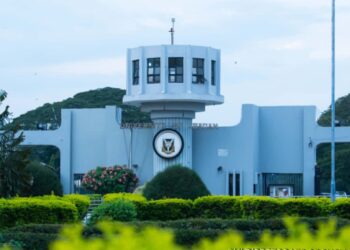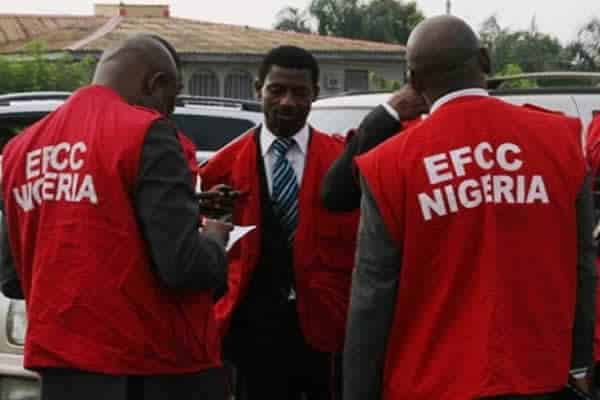THE World Health Organisation (WHO) Thursday declared the Ebola virus disease (EVD) outbreak in the Democratic Republic of the Congo (DRC) a Public Health Emergency of International Concern (PHEIC).
A PHEIC is a formal declaration by the WHO of “an extraordinary event, which is determined to constitute a public health risk to other states through the spread of disease and to potentially require a coordinated international response.”
It is formulated when a situation arises that is “serious, sudden, unusual or unexpected and which carries implications for public health beyond the affected State’s national border and may require immediate international action.”
Under the 2005 International Health Regulations (IHR), states have a legal duty to respond promptly to a PHEIC.
Director-General of the WHO, Dr Tedros Adhanom Ghebreyesus, in an online statement, said: “It is time for the world to take notice and redouble our efforts. We need to work together in solidarity with the DRC to end this outbreak and build a better health system.
“Extraordinary work has been done for almost a year under the most difficult circumstances. We all owe it to these responders — coming from not just WHO but also the government, partners, and communities — to shoulder more of the burden.”
The declaration followed a meeting of the International Health Regulations Emergency Committee for EVD in the DRC.
The Committee cited recent developments in the outbreak in making its recommendation, including the first confirmed case in Goma, a city of almost two million people on the border with Rwanda and gateway to the rest of DRC and the world.
Chairman of PHEIC, Prof. Robert Steffen, said: “It is important that the world follows these recommendations. It is also crucial that states do not use the PHEIC as an excuse to impose trade or travel restrictions, which would have a negative impact on the response and on the lives and livelihoods of people in the region.”
Since it was declared almost a year ago, the outbreak has been classified as a level three emergency–the most serious– by WHO, triggering the highest level of mobilisation from the United Nations (UN) apex health body.
The UN has also recognised the seriousness of the emergency by activating the Humanitarian System-wide Scale-Up to support the Ebola response.
In recommending a PHEIC the committee made specific recommendations related to this outbreak.
Also, the Nigeria Centre for Disease Control (NCDC) has said that it has intensified monitoring and surveillance at all the country borders and at airports and seaports across the country.









